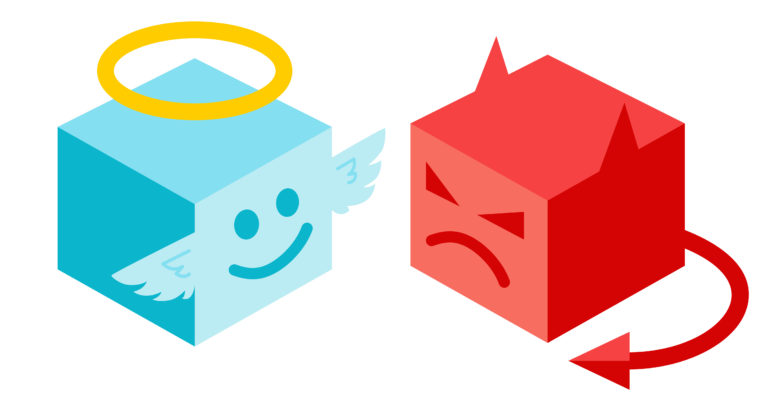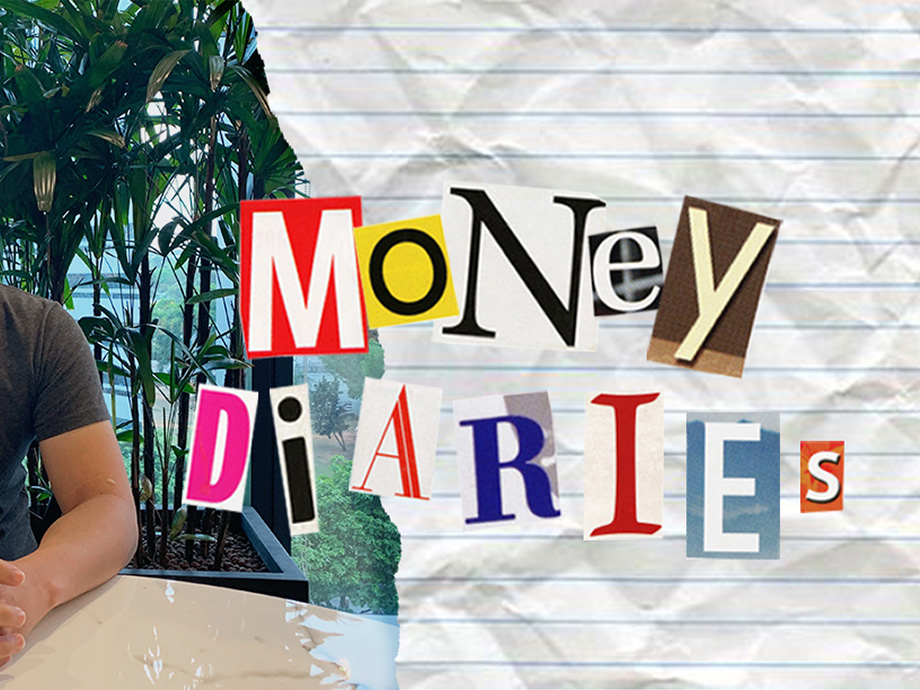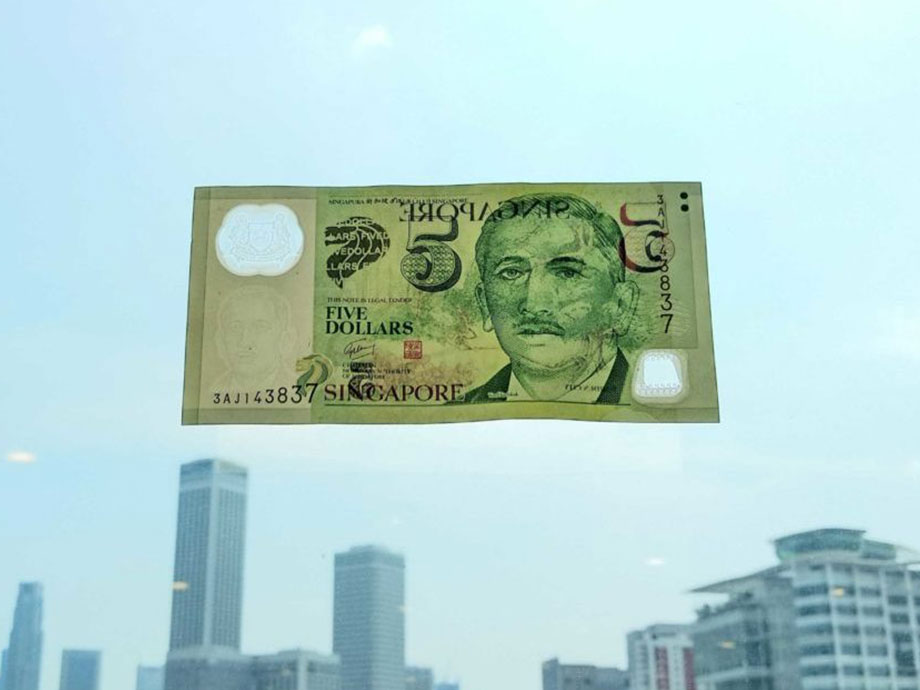Budgeting | Life | Personal Finance | Personal Stories | Article
How I Lost $15,000
by YuanDuan | 3 Jan 2019 | 4 mins read

Two years ago, I lost $15,000. How did I lose it? The sad thing is that I’m not exactly sure.
Back then, I was working in a startup, which meant I had to do my own taxes. It was then I discovered my loss.
It was April, and the IRAS filing deadline was around the corner. As a young adult with no dependents, calculating my taxable income was not a complicated task.
It was, however, the first time in a long while that I took a long, hard look at my annual income. In 2016, I took home $34,560 after deducting CPF contributions.
Wow, I thought, I’m rich.
But something was not adding up. Specifically, the money in my bank account.
On a monthly take-home pay of $2,880, I had mentally budgeted spending about $1,500 a month. Which left me $1,380 a month in free cash, or $16,560 at the end of the year.
But, it was painfully apparent I did not have that sum in my bank account. Far from it, in fact about $15,000 dollars far.
Where did it go?
I tried to recall large purchases I had made in the past year. A second-hand Xiaomi phone costing $200, was the only thing that I could remember.
It was a moment of cognitive dissonance. You see, I’ve always thought of myself as a thrifty person. As long as I didn’t splurge on big-ticket items, I should automatically have that $16,560, or something close to it, in savings at the end of the year.
The obvious culprit? My monthly budget.
The Budget:
Transport ($250) or $8/day
Food ($600) or $20/day
Bills ($230)
Insurance ($220)
Entertainment ($200)
Total: $1500
The Problem with Budgeting
I daresay if I asked you to come up with a budget for yourself right now, you might find it similar to mine. Especially the figures in bold, transportation and food.
$8 a day seems reasonable to cover commuting costs, if we mostly take public transport and the occasional taxi ride.
$20 a day seems reasonable to cover our lunch and dinner expenses, if we mostly ate at food courts and hawker centers.
This is where we start to see the problem: We are Grab platinum members. We are on a first-name basis with the McDelivery rider and if we decide to cut ourselves right now, we would bleed bubble tea.
Little things add up. That extra $20 Grab ride a week? It adds up to $1,000 a year. If you drink a cup of bubble tea every lunch break? (I know people like this) That’s $1,500 spent on diabetes annually.

The biggest mistake we make is that we set monthly budgets for the best version of ourselves. We should be eating the most affordable food. The best version of ourselves would be diligent about taking public transport.
But who are we kidding? Even if we do go to hawker centers many of us would patronize the pricer mala or western food stalls instead of the $3.50 noodle stall.
A study published in 2008 found that subjects estimated their yearly spending more accurately than their monthly spending. The reason is that estimating for a longer period of time made people uncertain of accurate predictions. By giving themselves a buffer to make up for the uncertainty, they ended up closer to the amount they actually did spend.
New Year, New You
With the new year, many of us are probably making the financial resolution to spend less and save more.
But a budget isn’t too different from committing to a new diet. We often start off by being extremely strict on ourselves. But we start to slip-up; it’s just one slice of cake after all. Fast-forward, we find ourselves ending the year again, still fat.
It’s the same with finances. That one $11 Grab ride doesn’t seem to really matter in the long run.
But as you can see, it really can, especially once it develops into an unconscious habit. Once that happens, we start to really lose track of where our money is going.
So let’s be smarter about our new year resolutions.
Going back to the diet analogy, we see cheat days built into successful diet routines. They function as a release valve for you to go nuts occasionally, keeping you sane for the rest of the week.
But the key is that cheat days are planned for in advance.
It can be the same for our budgets; we should plan for those mini-splurges in our daily expenses.
This makes our budgets realistic enough for us to commit to. In doing so we might not see a huge amount, like my $15,000, in our bank account at the end of the year, but we won’t be getting a rude shock either.
















